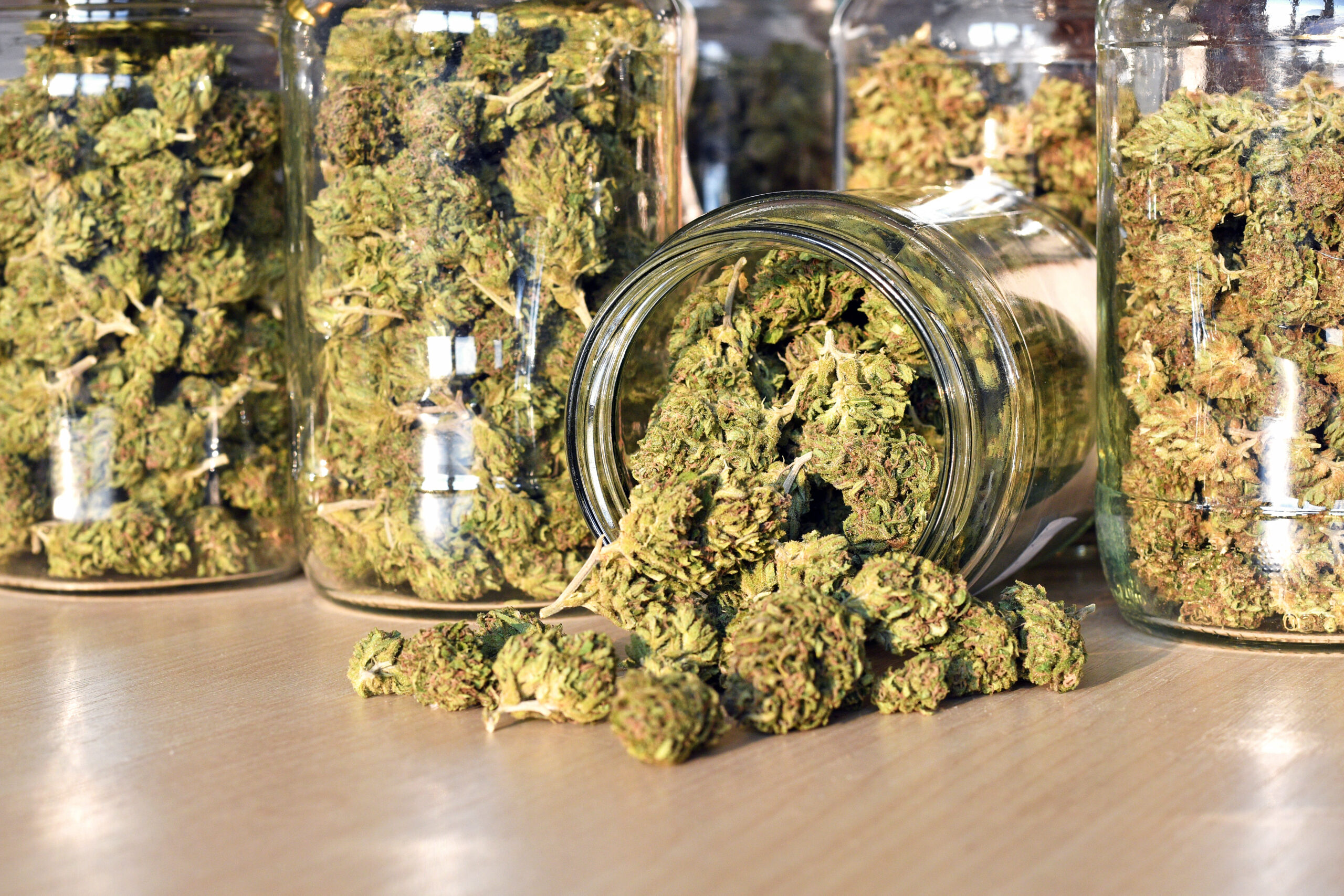With potential adult-use cannabis legalization around the corner, people are naturally excited and eager to start dispensary-like retail shops even before the legislation has passed Minnesota’s legislature. One trend we see more is retailers selling cannabis flower containing high levels of the cannabinoid tetrahydrocannabinolic acid (THCa), which is the precursor to more commonly known cannabinoid tetrahydrocannabinol (THC). Retail shops are selling cannabis flower containing THCa, believing it is a work around current law’s prohibition. That is an incorrect assessment of Minnesota law and puts retailers and consumers at risk of selling and possessing a controlled substance in addition to concerns that widespread selling of THCa puts an overall adult-use cannabis market at risk.
While THCa, alone, is not a psychoactive or intoxicating cannabinoid, it becomes psychoactive delta-9 THC with decarboxylation done through heat. In essence, THCa flower does not contain any psychoactive or intoxicating cannabinoids until it is smoked or vaped. While misinformation and misunderstandings are not uncommon when it comes to cannabinoids and Minnesota’s hemp law, some incorrectly believe THCa flower is legal. Contrary, selling flower containing THCa is illegal under Minnesota law and puts the retailer and consumer at risk of selling or possessing a controlled substance.
Prior to July 1, 2022, Minnesota solely looked to the amount of delta-9 THC in the product to determine whether the product is legal hemp or illegal marijuana. Minnesota had allowed the sale of products derived from hemp, which is the cannabis plant with less than 0.3% delta-9 THC, since the 2018 federal Farm Bill and Minnesota’s own similar legalization in 2019. Minnesota then began to see an explosion of products that used the restrictive definition to their advantage. Vape cartridges containing delta-8 THC and delta-10 THC but less than .3% deta-9 THC were very popular and being sold across Minnesota with little oversight.
To combat the explosion, Minnesota changed the state law from looking at only delta-9 THC amounts to looking at all of the different types of THC. As of July 1, 2022, a hemp product may contain no more than .3% of any type of THC. For example, a vape cartridge containing delta-8 THC and minuscule amounts of delta-9 THC was compliant on June 30, 2022, became non-compliant on July 1, 2022.
This change in the law prevents products containing THCa from being compliant. Products containing THCa in excess of .3% of dry weight is outside the definition of hemp and is a controlled substance. We are seeing certain retailers are selling flower containing between 19-31% THCa and less than .03% in delta-9 THC. A glance at a product’s certificate of analysis (COA) will reflect whether a product is legal. A COA is a document reflecting a laboratory’s analysis of the product’s contents and testing result. If a product’s COA reflects the product contains 20% THCa and only 0.2% delta-9 THC, the product does not fall within the definition of hemp under Minnesota law and is marijuana, a controlled substance in Minnesota. These products may have been compliant under the pre-July 2022 law changes but are most definitely not compliant with current Minnesota law.
Legal adult-use cannabis is in sight, and those who are anxiously opening stores and selling products such as THCa may be doing more harm to their longtime prospects of obtaining a license to sell adult-use products for short-term gains. Widespread sales of THCa will also put the adult-use cannabis market at risk before it has a chance to begin. More importantly, retailers who sell THCa are doing their customers a disservice by selling something believed to be legal but instead may be a controlled substance.


